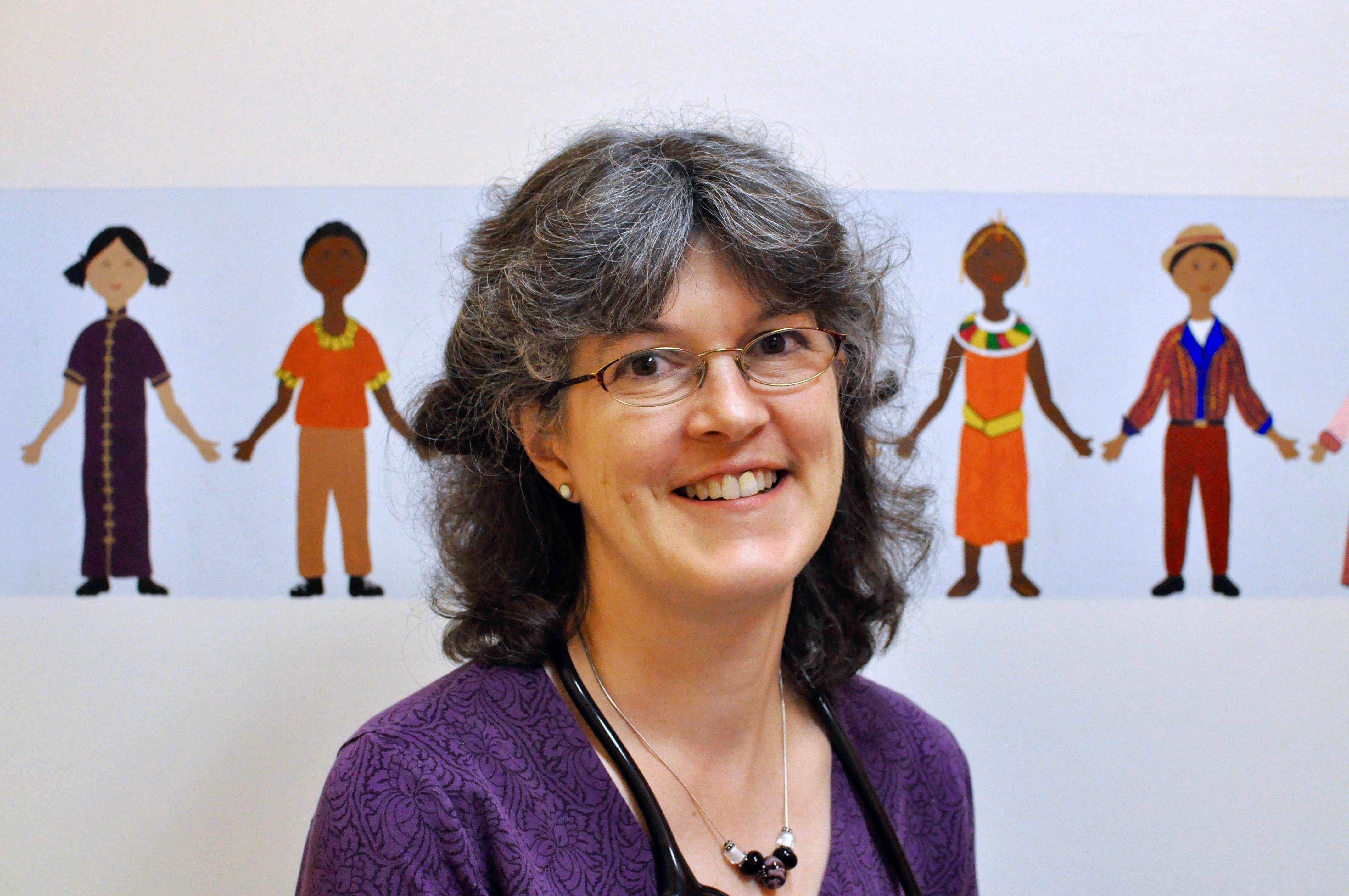Helping Foster Parents Be a Healing Force in Young Lives

Sarah H. Springer, MD, FAAP
May 29, 2018
As a pediatrician who has cared for many children who have experienced abuse or neglect, I know that the single most important factor in their healing is the love and support of a trusted adult. For children who have had to be removed from their parents, foster parents can have a tremendous therapeutic effect. With one of the most difficult but most rewarding jobs in the world, foster parents have the power to help a traumatized child heal, making a difference that can last a lifetime.
When I think about the importance of foster parents, I am always drawn to a story told to me by a friend and colleague. She had lived through unbelievable trauma as a child, experiencing things that no child should ever have to live through. Numerous trips back and forth between foster care, residential care, and an abusive, neglectful, chaotic home had left her hardened, angry, and scared. Landing in yet another foster home as a teen, she had no expectation of concern or support from the adults who greeted her warmly. She had no interest in school, and didn't care about the law or getting into trouble.
What happened next, however, changed her life forever. Her new foster parents seemed to really care about her as an individual. They asked about why she was taking the medicines in the plastic bag that her caseworker had handed them. They seemed to understand that her anger and defiance came from fear and hurt. They listened to her, and learned that nighttime had been terrifying for her, and that she was not sleeping due to fear.
One night soon after she arrived in their home, they stayed up all night with her, listening to the sounds of the house, and explaining them. "That is the cat jumping off of Joe's bed upstairs." "That sound is the creaky bathroom door – Shaniah must have gotten up to go to the bathroom." "That is the furnace kicking on." "That's the kitchen sink dripping." "That is a delivery truck that drives by at 4:30 every morning."
As her foster parents took turns staying with her at night, she began to relax and trust that she was safe. Well-rested and feeling safe, she started to excel at school, and make friends. She graduated from high school, then college, then graduate school. She then went on to a successful career that allowed her to help others recover from traumatic childhoods and lead healthy, productive lives.
While my friend was intelligent, resilient, and driven to make the world a better place, the key to unlocking those traits was the healing her foster parents helped make possible. Their understanding of her trauma, their patience, and their love turned her life around. What a gift to that one individual, and what a gift to the world!
"With one of the most difficult but most rewarding jobs in the world, foster parents have the power to help a traumatized child heal, making a difference that can last a lifetime."
Not all foster parents are as prepared as my friend’s were to help children move beyond trauma and neglect they may have experienced. Those who step up to help guide kids on this important journey need support and education from child health advocates. We can help foster parents understand behavioral issues as common, predictable outcomes of chronic stress from maltreatment, exposure to violence, poverty, and impaired caregiving on children’s developing brains, for example. And as they build a positive home environment in which the child can heal, we can help them build a medical home that supports the complex physical and mental health needs of children in their care.
Toward this end, the American Academy of Pediatrics is a lead partner in Children NeedAmazing Parents (CHAMPS), a national campaign focused on promoting quality parenting for children in foster care. Its efforts include advocating for policies to ensure that children in foster care have access to the health services they need to heal and ultimately thrive. Pediatricians and other child health providers can learn more about the campaign’s goals and how to get involved here.
Foster parents have power. Power to change a life for the better. Power that makes a lasting difference in the world.
*The views expressed in this article are those of the author, and not necessarily those of the American Academy of Pediatrics.
About the Author
Sarah H. Springer, MD, FAAP
Sarah H. Springer, MD, FAAP, Chair of the American Academy of Pediatrics Council on Foster Care, Adoption and Kinship Care, is a Pittsburgh pediatrician who specializes in adoption medicine. An adoptive parent herself, Dr Springer serves as the Medical Director for Adoption Health Services of Western Pennsylvania, a service of Kids Plus Pediatrics.